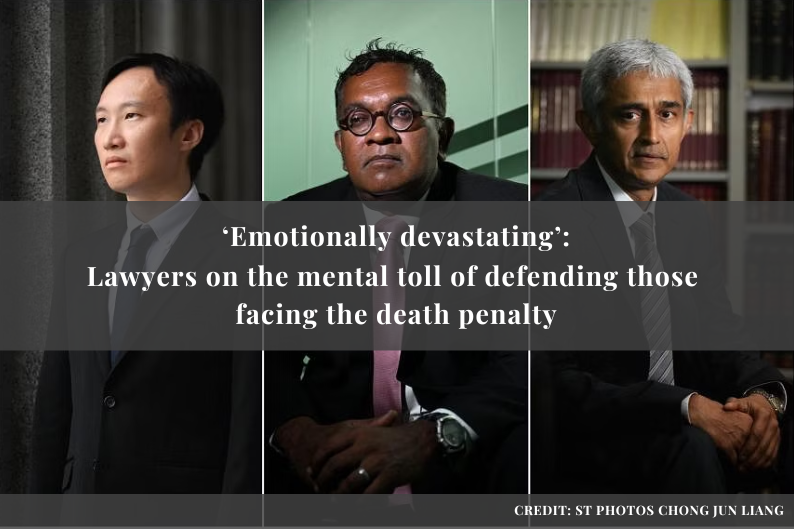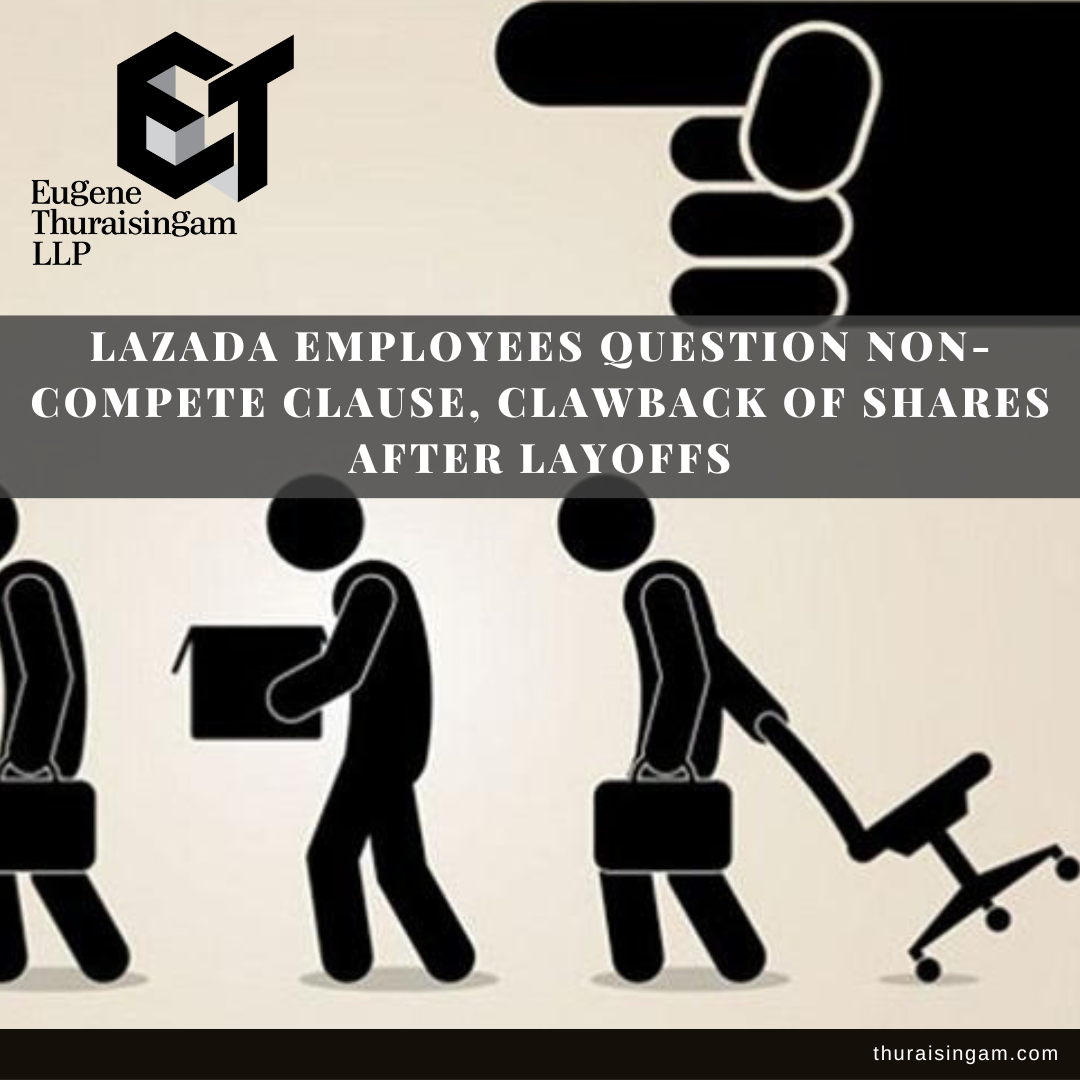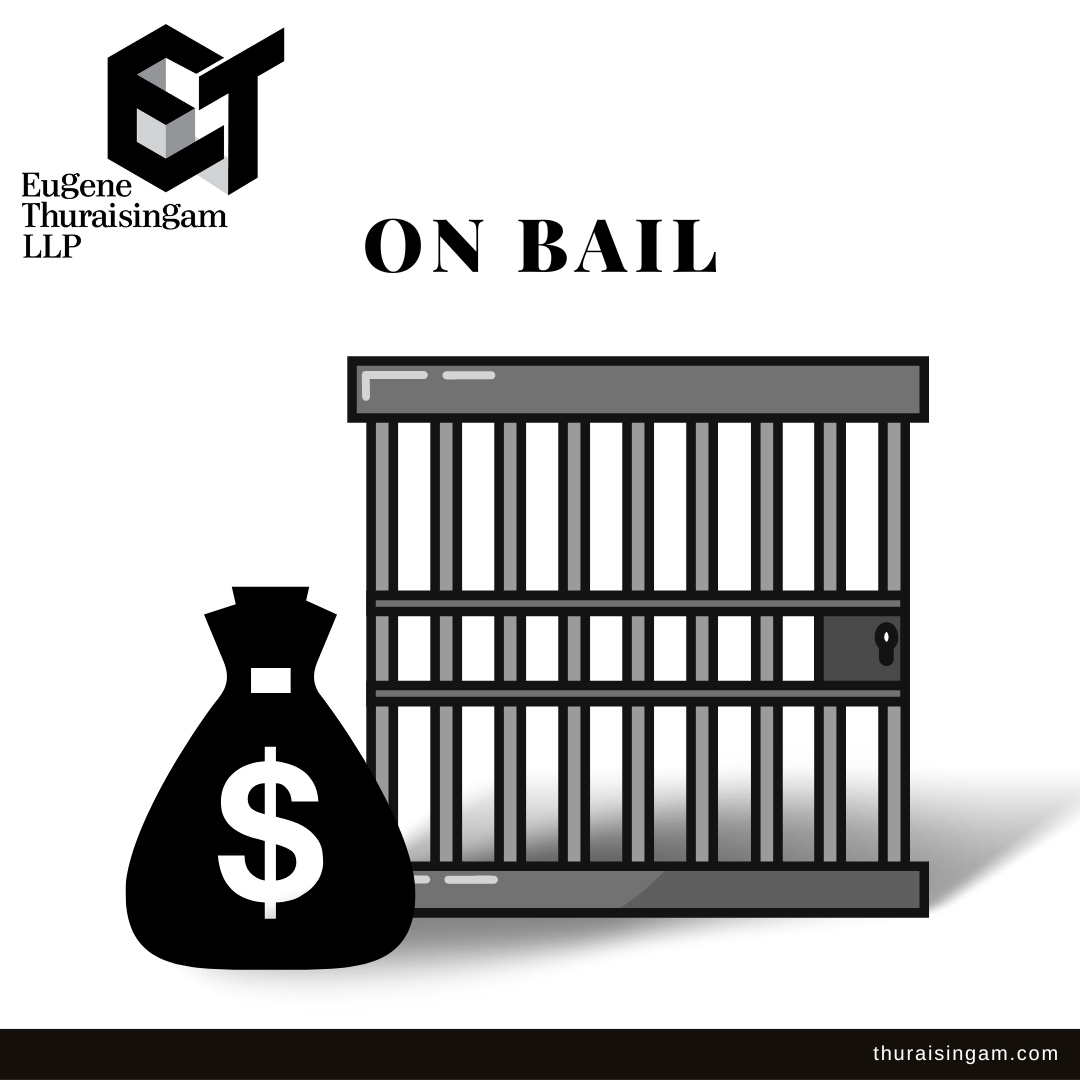Alleged Overcharging of Professional Legal Fees
Complaint Against a Lawyer in Singapore on Legal Costs
1. Introduction
The issue on legal fees recently became a talking point when a complaint of alleged overcharging of legal fees against a Senior Counsel was dismissed by a disciplinary tribunal.
The complaint involved legal fees amounting to S$7.56 million, before reaching a discounted sum, for work done between late 2010 and mid-2015. This complaint arises from a matter that the lawyer was engaged by the client, an unnamed octogenarian widow, to challenge an application made by her two sisters to become her deputies. The widow had received an inheritance and is expected to receive further inheritance from her late father’s estate. Her sisters had made an application to the Family Court under the Mental Capacity Act to have a declaration issued that the widow to be lacking the mental capacity to manage her assets and affairs. The sisters wanted to be appointed as the widow’s deputies. However, the widow’s daughter and son-in-law challenged the application.
2. General views on legal fees
The Law Society of Singapore states on their website that there are no guidelines on legal fees for work done on behalf of their clients. This is in line with the local anti-competition law. However, there are non-binding Costs Guidelines issued by the Supreme Court Practice Directions. The Cost Guidelines are intended to provide a general indication on the quantum and methodology of party-and-party costs awards in specified types of proceedings in the Supreme Court, having taken into account past awards made, internal practices and general feedback.
3. Suang comments in The Straits Times
In The Straits Times article, Suang Wijaya clarifies that even if a bill of costs has been significantly taxed down, this “does not necessarily mean the lawyer is guilty of overcharging that is punishable under our legal professional rules.”
There have been cases where costs were taxed down to half or even less, and such costs were still found not to be overcharging amounting to misconduct.







